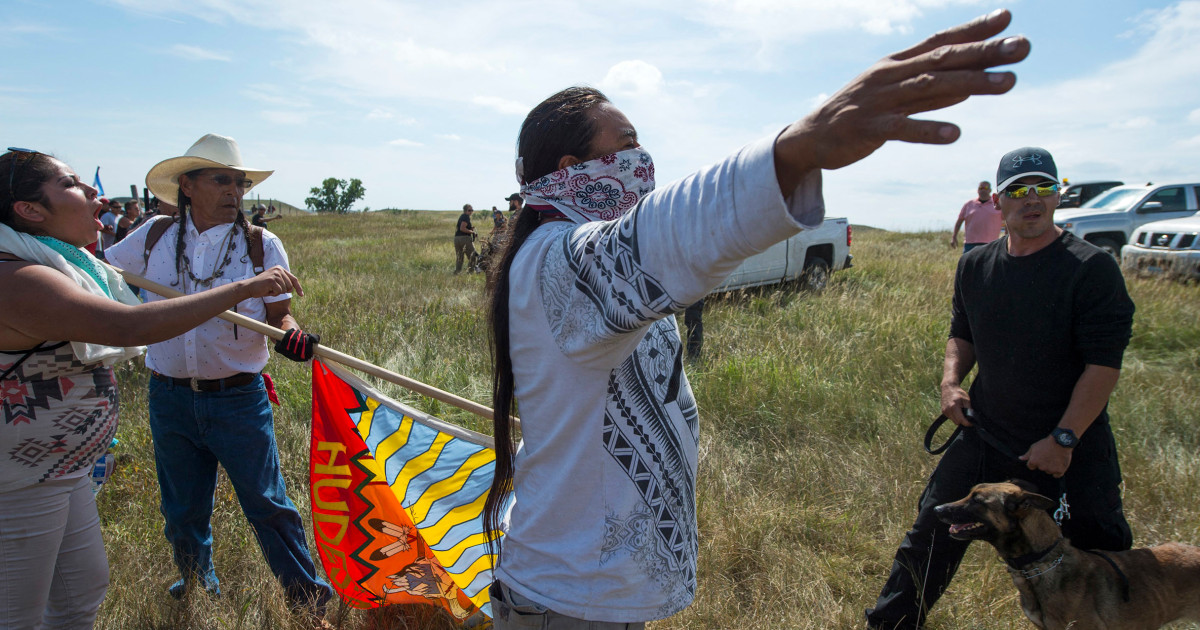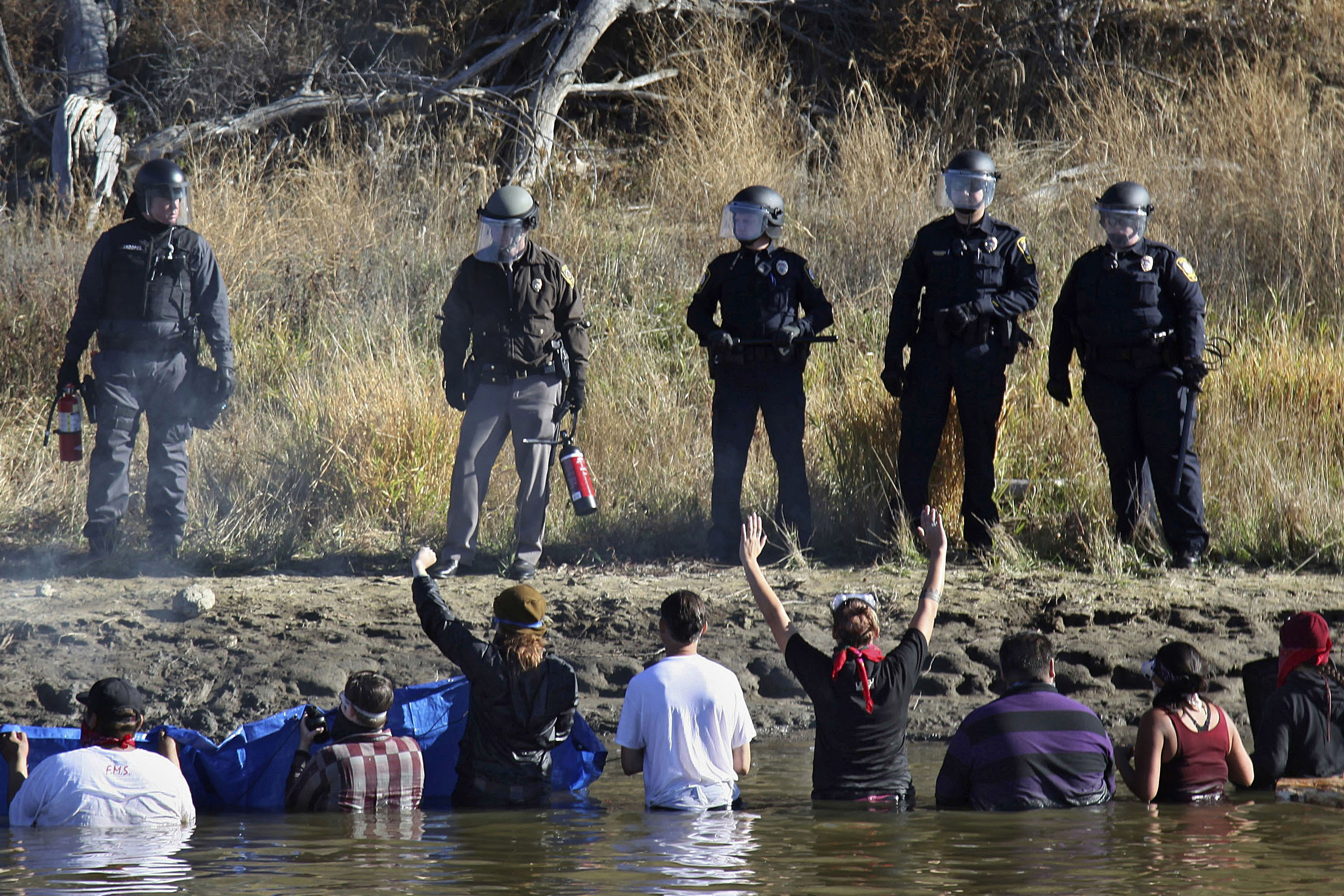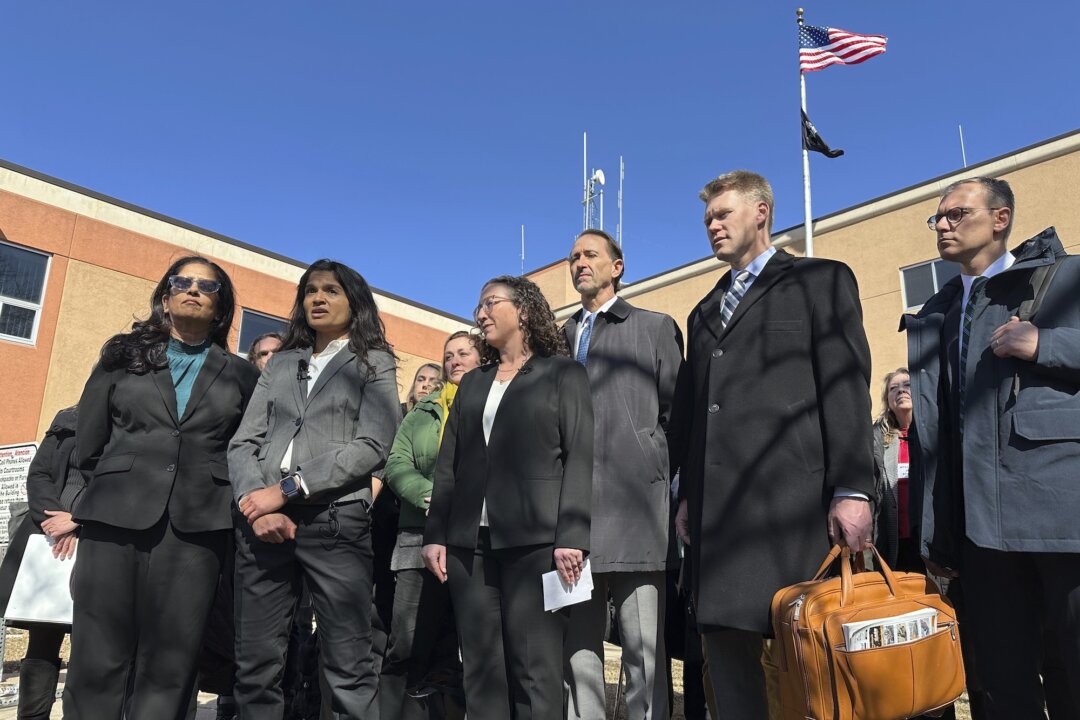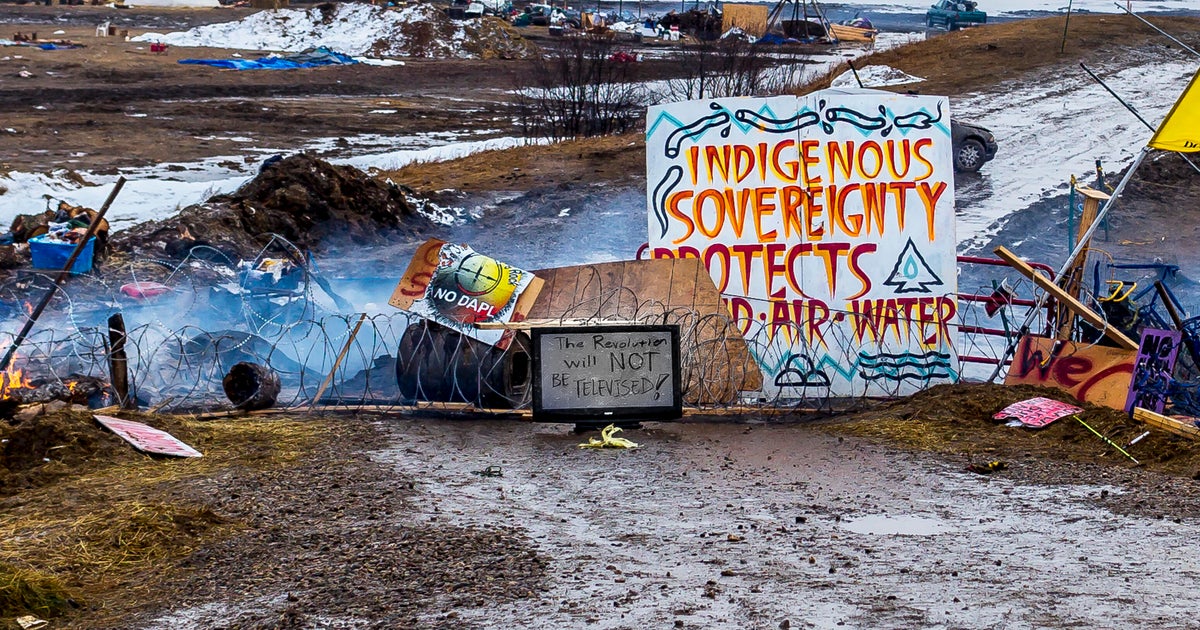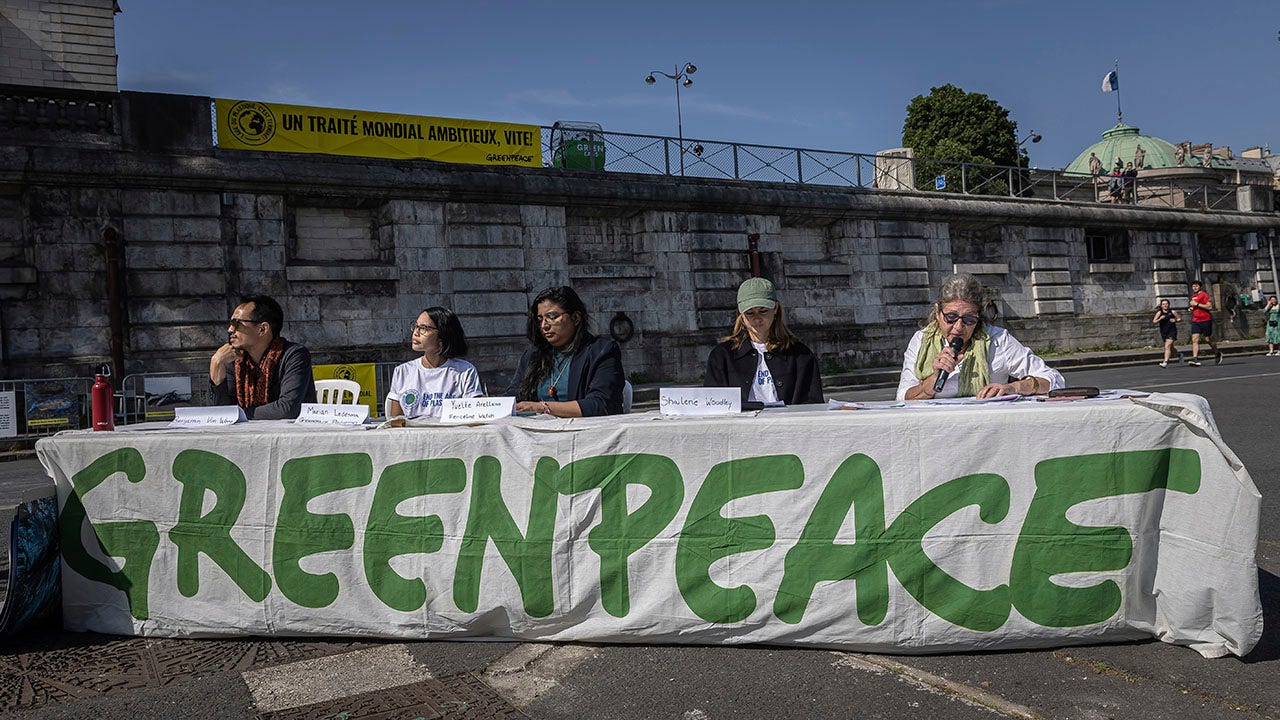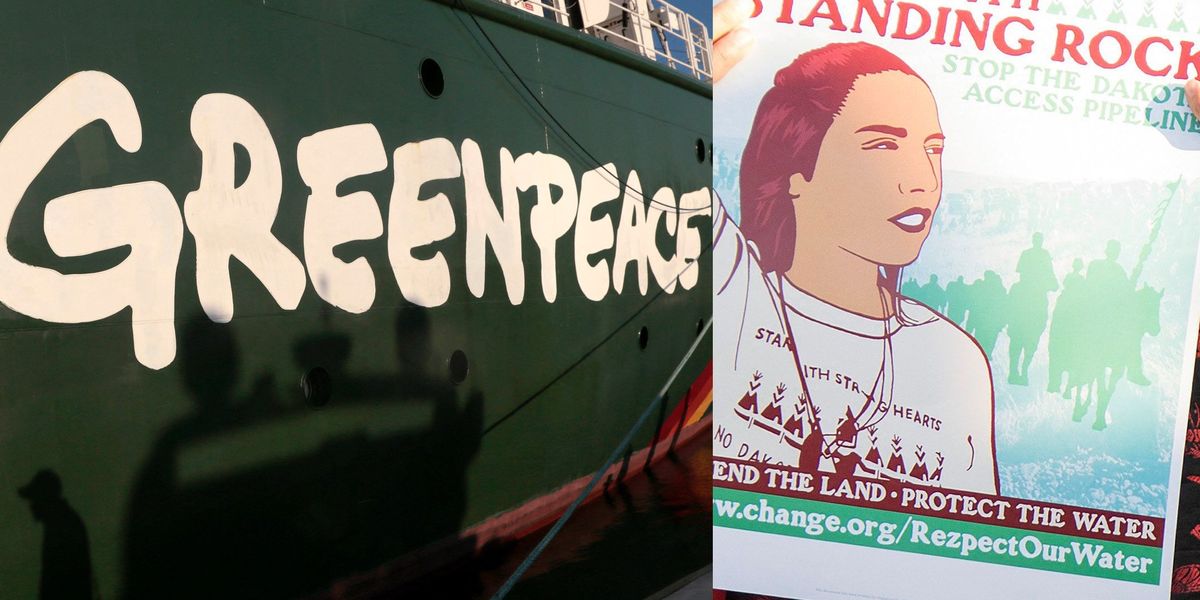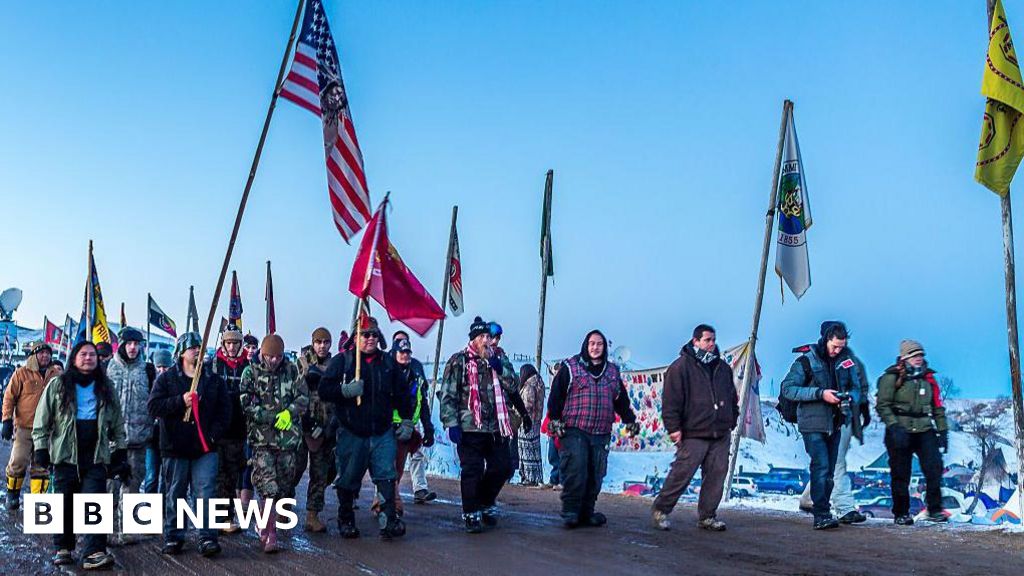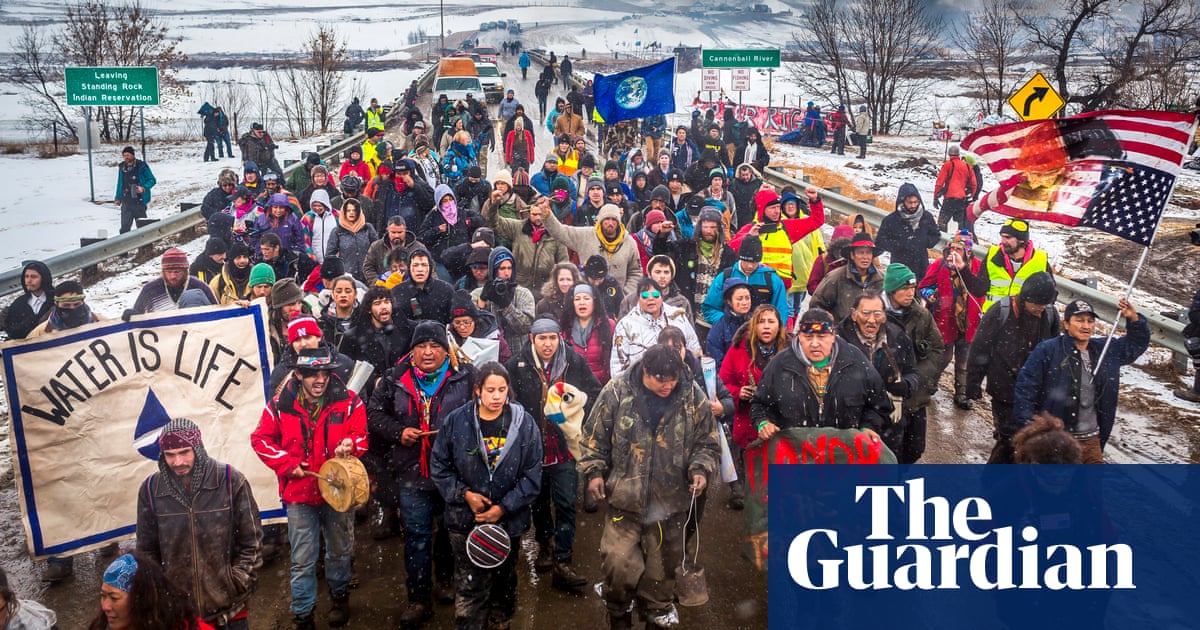Greenpeace Ordered to Pay $660 Million in Damages to Energy Transfer After Dakota Access Pipeline Protests
A North Dakota jury orders Greenpeace to pay over $660 million to Energy Transfer for defamation in a significant legal setback for the environmental group.
Overview
In a landmark ruling, a North Dakota jury has ordered Greenpeace to pay Energy Transfer over $660 million for defamation linked to Dakota Access Pipeline protests. The jury found Greenpeace USA liable after deliberating for two days, marking a substantial blow to the environmental organization. Greenpeace plans to appeal, stating that the ruling threatens First Amendment rights. Energy Transfer claims the verdict upholds accountability for disruptions caused during the protests. The case raises concerns about corporations using legal action to suppress dissent, with Greenpeace vowing to continue its activism despite potential financial ruin.
Report issue

Read both sides in 5 minutes each day
Analysis
- A North Dakota jury ordered Greenpeace to pay $660 million in damages related to its involvement in Dakota Access Pipeline protests, marking a significant legal challenge for the environmental organization.
- Greenpeace has expressed its intention to appeal the ruling, framing the lawsuit as an attack on free speech and an effort to intimidate environmental advocacy through a strategic lawsuit against public participation (SLAPP).
- Energy Transfer claims the victory emphasizes accountability for disruptions and unlawful actions during the protests, reinforcing the legal legitimacy of the pipeline's construction.
Articles (20)
Center (12)
FAQ
The lawsuit alleged defamation, conspiracy, and other unlawful actions during the 2016 Standing Rock protests, claiming Greenpeace led a misinformation campaign and engaged in militant direct action against the pipeline.
Greenpeace plans to appeal the verdict, asserting confidence in its legal defense and emphasizing that the ruling threatens First Amendment rights.
The case raises concerns about corporations using legal action to suppress dissent and silence critics, potentially impacting free speech and the right to peaceful protest.
Yes, the verdict could significantly impact Greenpeace's financial situation, as the judgment is more than 20 times its annual budget, potentially threatening its U.S.-based operations.
History
- 7M

 3 articles
3 articles
- 8M

 4 articles
4 articles
- 8M

 6 articles
6 articles

